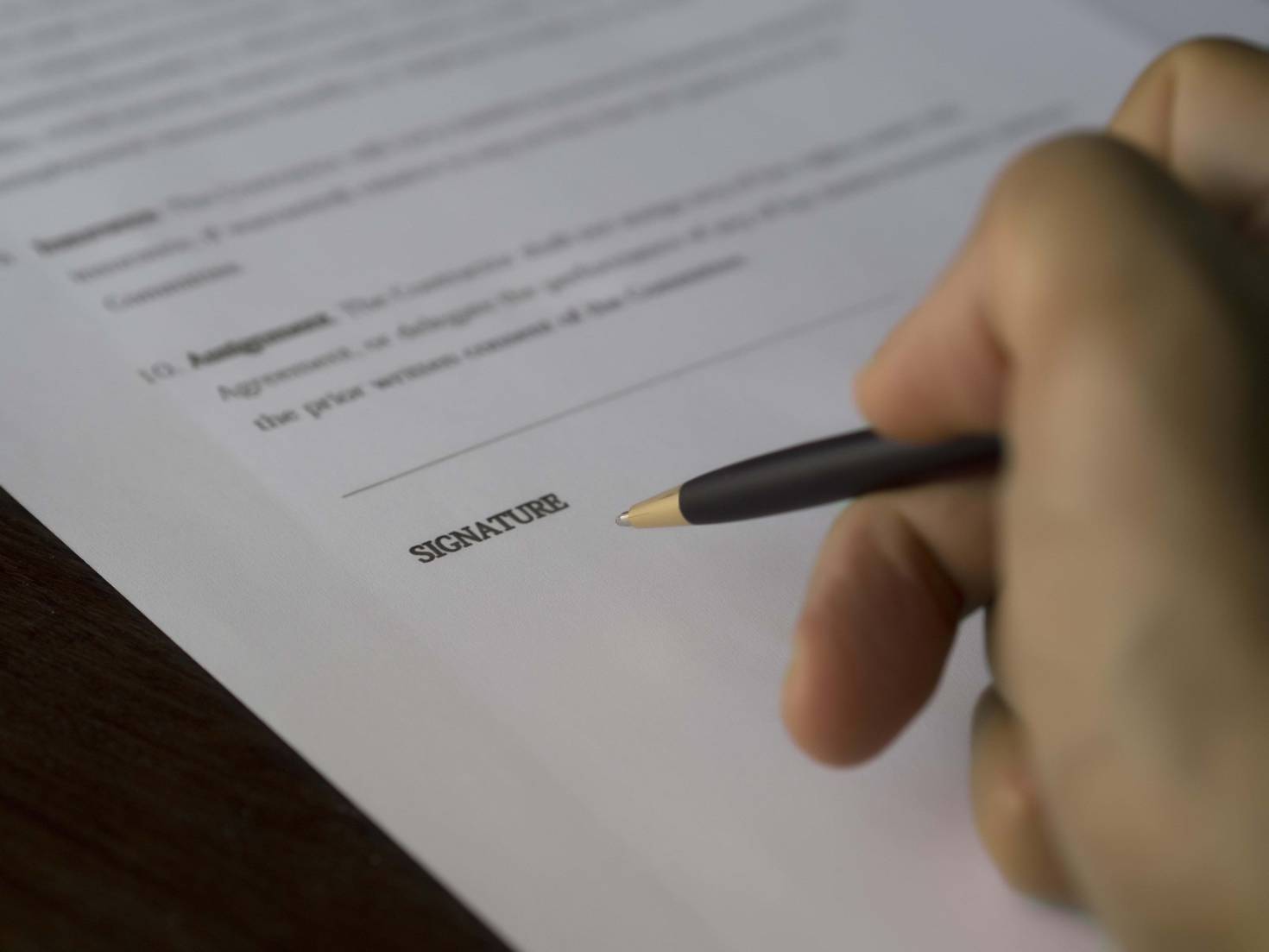Buyers and sellers beware. Although liens are very common, they are often overlooked or underestimated. Whether you're buying land for sale or selling your property, one of your main concerns should be to identify any outstanding liens. Failing to do so can result in the deal being held up or not happening at all. Overlooked liens have been known to cause years of legal trouble down the road.
What is a lien?
A lien is a form of security interest assumed over a property to secure payment of a debt. If you get financing from a lender to buy a piece of land, the lender will put a lien on the land. The lien is a form of protection and conditional ownership. The purpose is in the case that you default on your loan payments, the lender can sell the land to pay off the remaining balance of the debt.

Who do liens affect?
The seller
In theory, you’re not supposed to be able to sell your property without a clear title. A clear title is free of liens. This isn't always the case depending on what type of lien it is. Some mortgage liens are cleared up during the redemption period of the foreclosure process. Either way, it’s going to be significantly more difficult to sell property with a dirty title. In some cases, liens will delay deals or even force you to sell your property at a discount. The solution for the seller is to honestly disclose any liens that still exist on the property.
The buyer
Usually, buyers are advised to stay away from property with liens attached. You can get into a complicated mess. The deal may have to be put on hold, or you could face years of legal problems. It’s possible that in the past a seller didn’t transfer the property correctly to the buyer. The solution here is for the buyer is to do a title search and take a serious look at purchasing a title insurance policy. This will protect you financially from a defect in the title.
The owner
Owners need to find out if there are liens on their land. If they aren’t settled, you won’t be able to refinance your property. If you decide to sell your property in the future, as mentioned above, having a lien attached to your title may prevent you from being able to do so.

What are the common lien types?
- A mortgage lien exists when a mortgage loan is used to purchase property. The lender places a lien on the property until the mortgage loan is paid in full.
- A mechanic's lien can be put on a property when improvements, repairs, or maintenance has been completed and the charges haven't been paid. They're also known as construction liens. Ordinarily, they're filed by contractors, subcontractors, and construction firms.
- A tax lien can be filed against a property by the IRS (or other state authorities) if you don’t pay your federal, state, or county taxes. The lien will prevent the seller from refinancing or selling the property. Ted Thomas reports 95% of property owners redeem their tax lien certificates before they lose possession of the property.
- A judgment lien may be put on a property as the result of losing a court case. If the judge ruled that you owe money, the party you owe money to can secure their payment by placing a judgment lien on your property and filing it with the county or state.
- An attorney’s lien can be placed on property or other assets by an attorney to secure payments owed in return for his legal services.
How to find out if there’s a lien on your property
There are several options you can take advantage of to determine if any liens currently exist on your property or any other property you may be interested in (and a couple are free).
- Search the county’s official website. This is an easy way to find existing liens but depending on the county the data may or may not be available.
- Visit the courthouse and research the available documents associated with the property. The appropriate office and job titles that can help you vary as it could be the assessor, county recorder, clerk, register of deeds, or others.
- Contact a title company and hire them to do a title search. This should include any current liens.
- Hire a lawyer who will basically make the previous step happen for you by having a title search done.
To learn more, check out Ownerly's article discussing how to search for liens on a house.

Put simply, if you have a lien on your property it means you owe somebody money. The responsible action to take is to have the lien removed by paying what's owed. At the very least, communicate with the lien holder and negotiate a payment plan. This will be in both parties' best interest and possibly relieve some long-standing stress in your life. If you're in the process of looking for property to buy, check out our nationwide inventory of land for sale.

